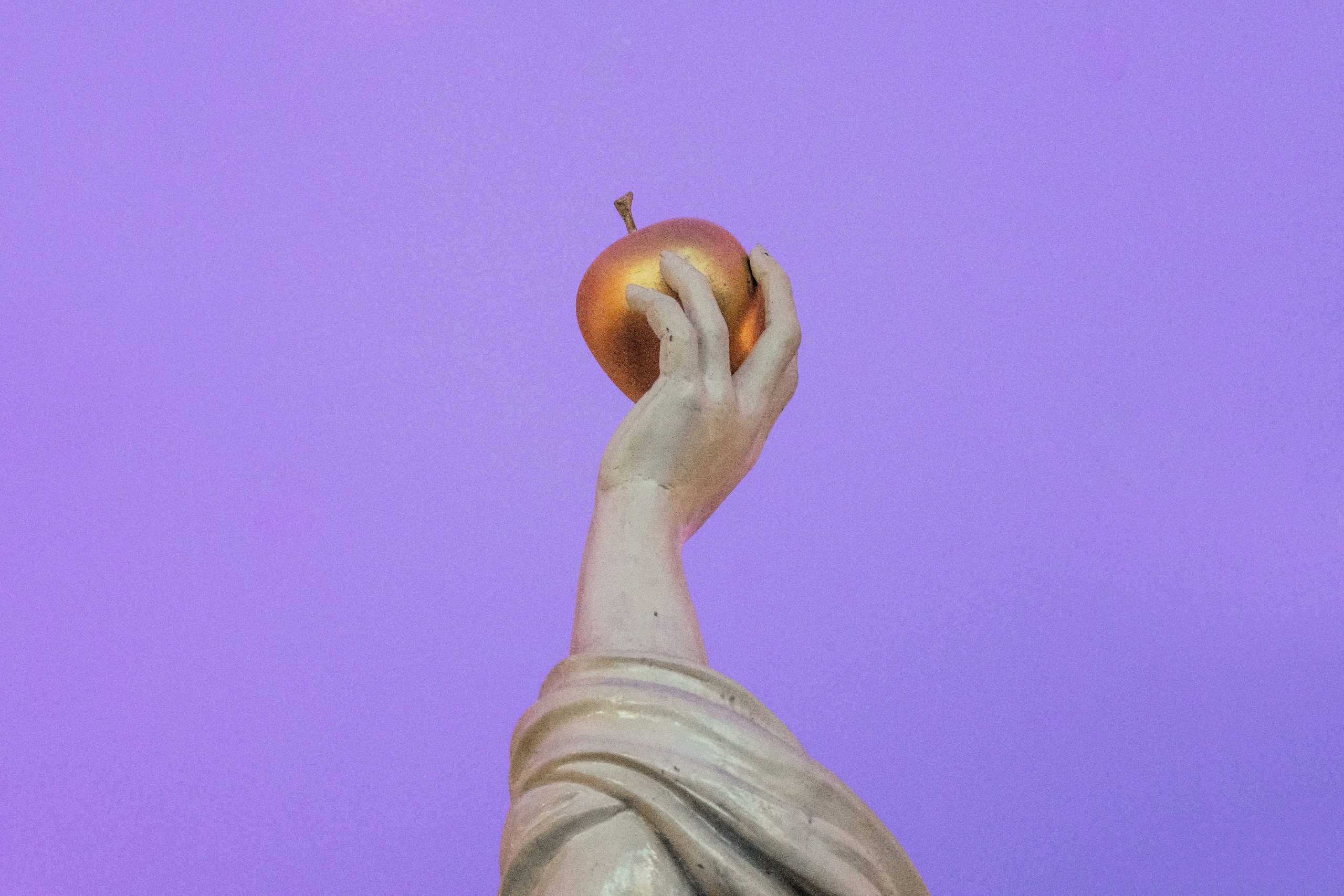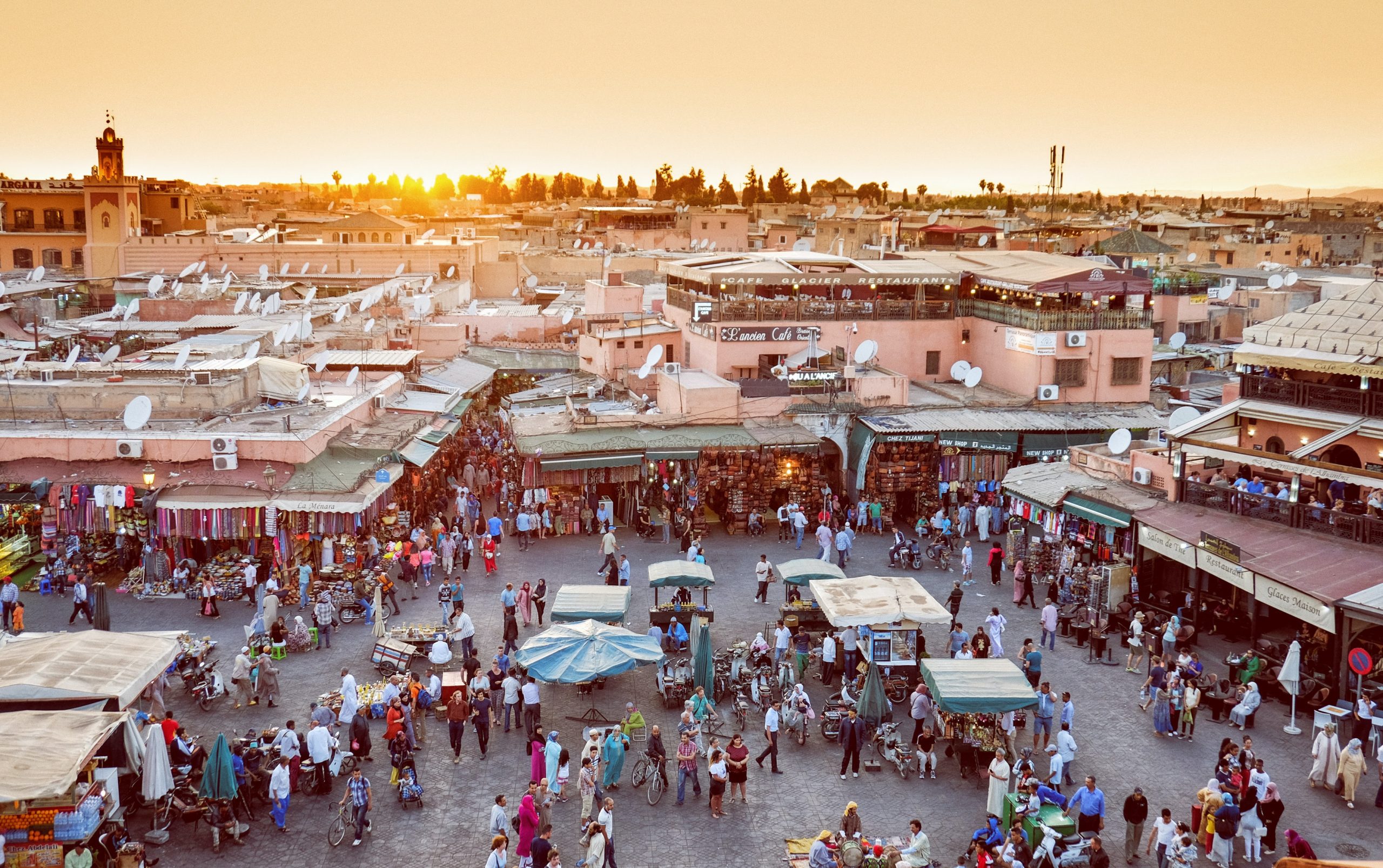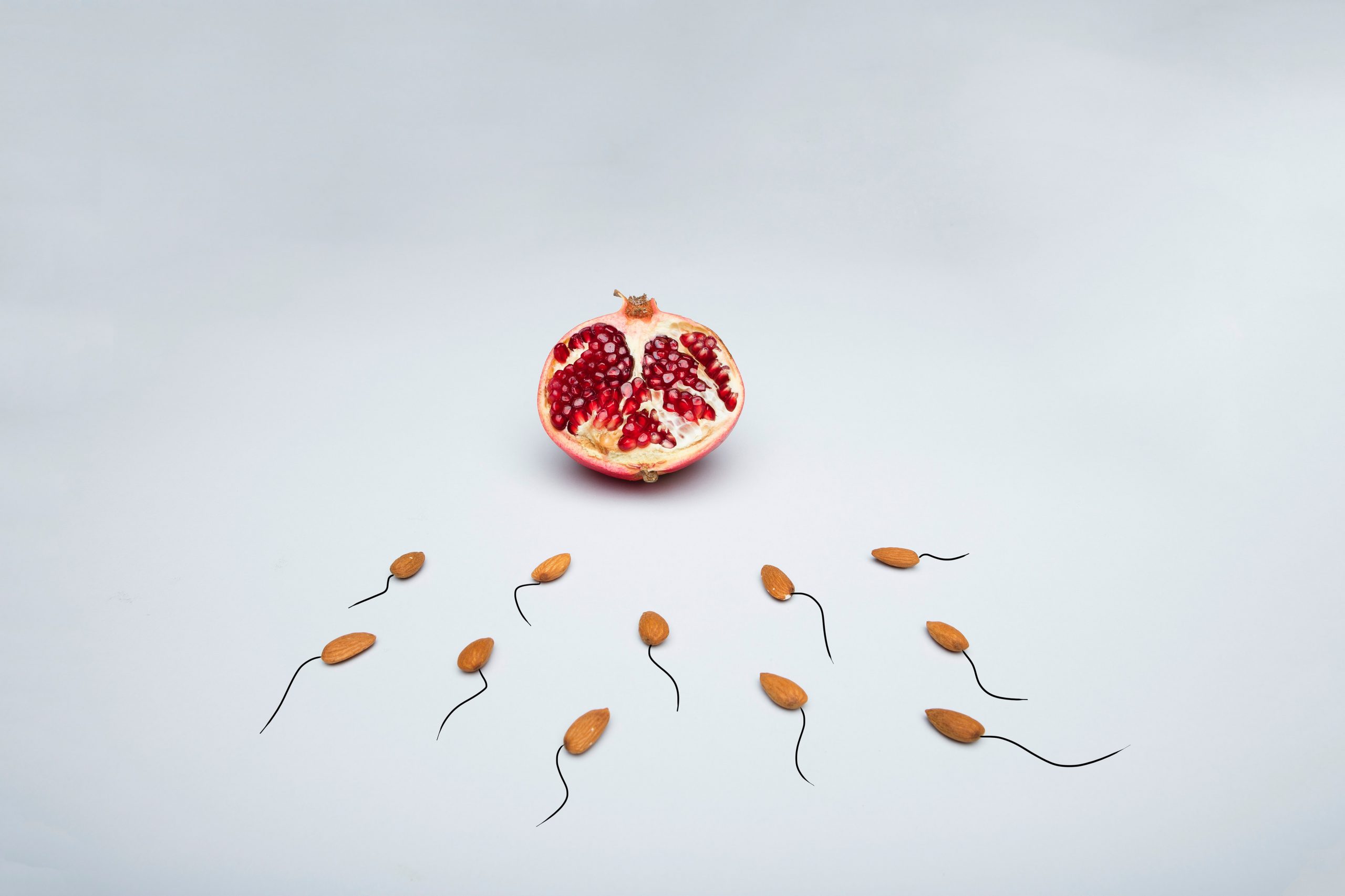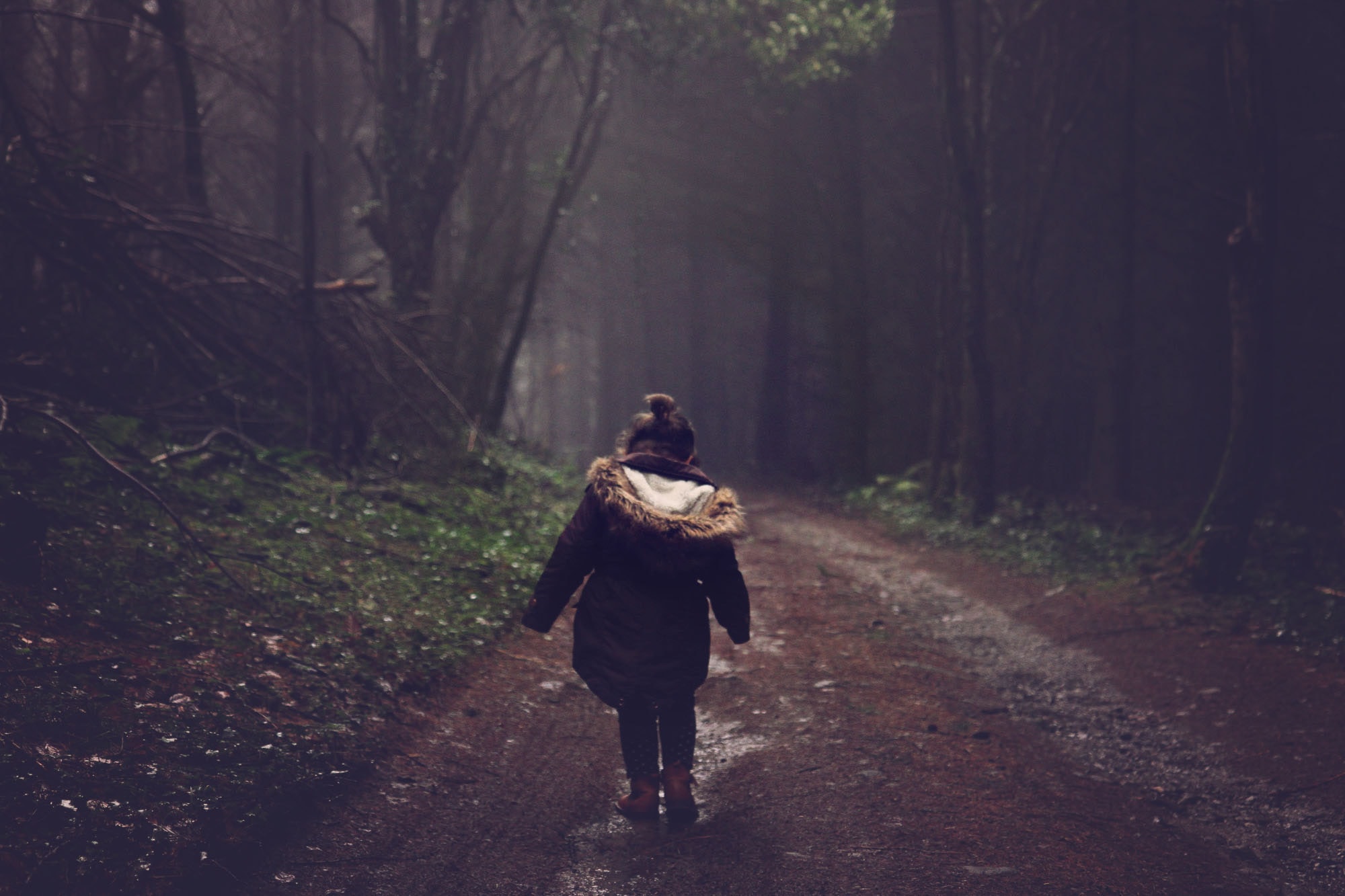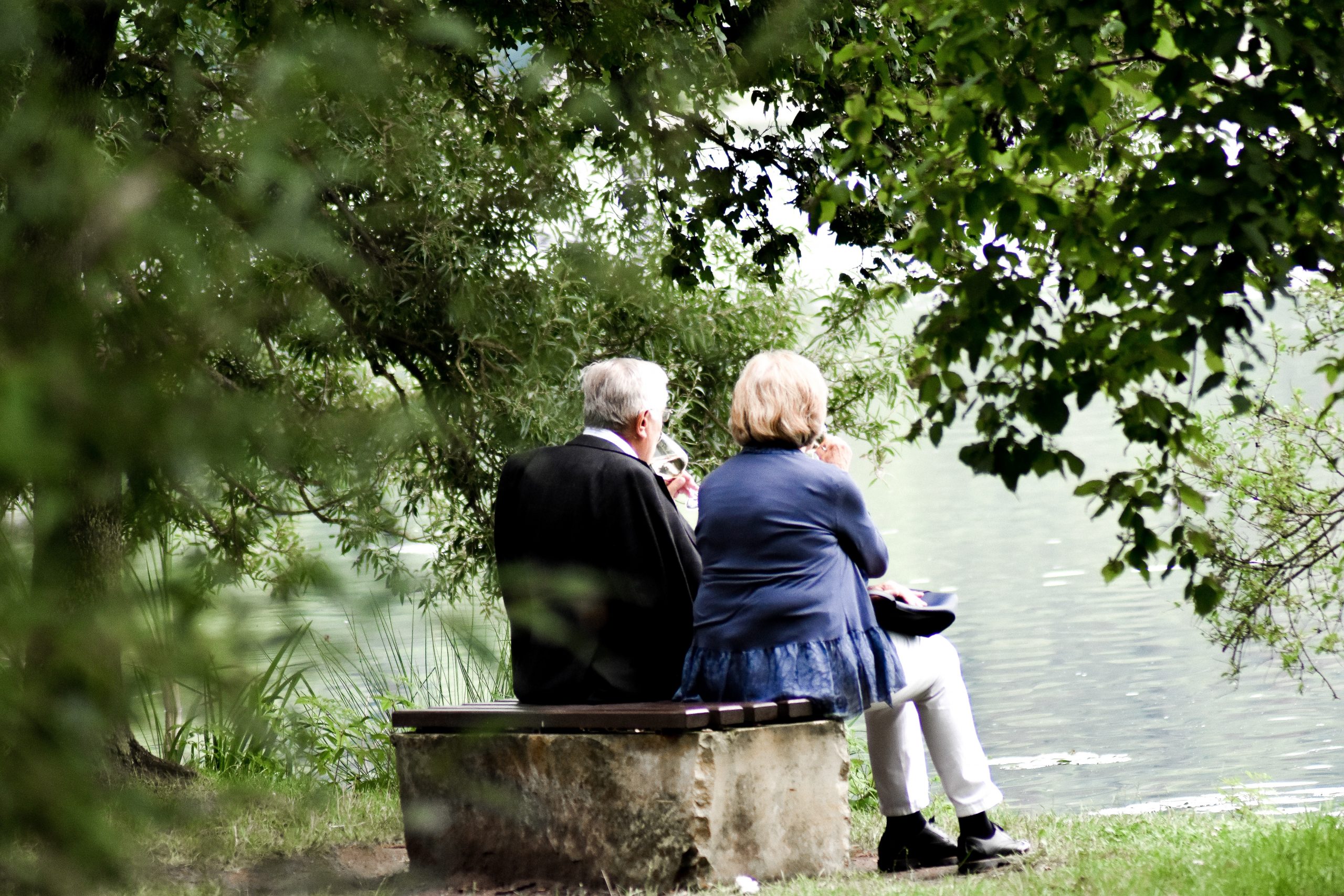The Summer Queen by Cristina Ferrandez
The king has been a prisoner
And a prisoner long in Spain
And Willie of the Winsbury
Has lain long with his daughter at home
Liz wipes a tankard dry, humming along with the fiddler and the singer in the corner. The tavern is only half full tonight, a crowd of beardless students daring each other to one more ale, and a few older men scattered about the place.
At the bar, across from Liz, the scholars continue their bickering.
‘This ballad? It’s about a king who finds his daughter playing at St. George with a chamberlain. Ha! Must have taken a good hiding from the King, I am sure,’ says the physicist, with a wink. He is wide, with a swollen red nose and a curtain of beard.
The historian jumps in, his voice as mousy as his demeanour, all whiskers on a gaunt face. ‘She did not take a hiding. Listen carefully. She marries the lad, in the end.’
‘Sure she does. Tell me, what kind of king gives his daughter away to some chamberlain?’
‘Actually, according to my sources, it was Francis I,’ offers the American, taking off his glasses and wiping them on his sleeve. He is squat with a headful of curls, like a child. Indeed, Liz hears them call him by the name Child. But his eyes are bright and intelligent, and the other men keep quiet, curious to hear him speak. ‘And your chamberlain, Willie of the Winsbury, is no other than James V of Scotland, or so it has been suggested by the folk-tellers. I should know; I have collected this very ballad in my English and Scottish Popular Ballads.’
The historian’s eyes twinkle with curiosity. ‘By heaven, if Willie is James V then Janet must be…’
‘Madeleine of Valois.’
‘Madeleine? Wasn’t her head taken from her grave ‘bout a century ago? They said it still looked beautiful, two hundred years after her death.’
The three men sip their ale and listen to another verse:
Cast off, cast off your berry-brown gown
You stand naked upon the stone
That I may know you by your shape
If you be a maiden or none
The historian turns to the men and tuts, his mouth curling up in a grimace: ‘What kind of princess lets herself be seduced like that?’
With a bang, Liz places three copious tankards of ale on the bar, and the three men jump on their stools.
‘And how would you know that she wanted to be seduced?’ she says, hand on hip, looking down at the historian.
The three men stare, their mouths hung open, until Child clears his throat and adjusts his spectacles.
‘Well, all of my research into variants of the ballad tell the same story. The girl lies with Willie Winsbury, falls pregnant and the King secures their union.’
‘The ballad only says that Willie lies with her,‘ Liz insists. ‘The girl never asks to lie with him, nor to be disrobed like that in front of her father. It is only the men from your ballads that love to pry inside of women’s bellies,’ she adds, holding her own flabby belly and shaking it up and down.
Child and the other men look at each other with amused grins.
‘But he’s only helping her, miss,’ Child says. ‘Making sure the boy will marry her, rather than leave her with child. If I have learnt anything from these folk tales, it is that times used to be simpler than they are now.’
Liz scoffs. ‘Do you really believe that everything is simpler once a woman is married? What if she did not wish to marry him?’
The physicist is incensed by this. Liz can tell from his cheeks, which are turning bright red. ‘If she didn’t wish to marry him, she shouldn’t have lain with him, should she? Anyhow, Mr. Child here is a folklorist and he understands the meaning of these ballads better than yourself.’ He empties his tankard and bangs it on the bar, although he manages little more than a hollow clatter.
Liz cackles a big belly laugh that makes all three men nearly fall off their stools. ‘And weren’t these folk songs written by common people like myself?’ she mocks.
In the corner, the singer sings another verse:
And will you marry my daughter Janet
By the truth of your right hand?
Oh, will you marry my daughter Janet?
I will make you the lord of my land
Liz stares wistfully towards the musicians, her arms crossed over her chest, a frown creasing her forehead.
‘You scholars have a lot to learn about the business of laying and the business of marriage. And, it would seem, the business of queens,’ she says. ‘Forget your history books, I will tell you what happened.’
*
It is the night when the Scots insist on their time-honoured tradition, even though their King is not yet arrived in Loire. There will be plenty of time for Scots and Frenchmen to discuss their old alliance, but for now the halls are decked in holly and ivy and the men cry for misrule.
Madeleine sits at her father’s place in the dining hall, staring down at the sprawl of men. The loudest and brawliest of all, a yeoman known as Willy Wynnesbury with fiery red hair, has already done the rounds of the King’s wines, and is now taking out his lute and shouting out the old folk songs, more and more obscene as the night wears on . His voice is raucous and harsh, but not at all displeasing. From where she’s sitting at the high table, Madeleine can see that, despite his tongue, his face is sweet and radiant like the perfect child of Venus and Mars.
Now Willy is drawing the crowd of Scots into chant, raising a storm of voices with the lift of his arms: Will, Will, Will, Will, Will, Will.
The chorus reaches a crescendo, and then he wills it to quieten by lowering his arms and stepping onto the table.
‘Christmas is upon us!’ he shouts.
‘Yea!’
‘Let us celebrate!’
‘Yea!’
‘Let us eat!’
‘Yea!’
‘Let us gamble!’
‘Yea!’
‘Let us drink ‘til we drop dead!’
The ruckus begins once again. Yea, yea, yea, yea!
In comes a page boy, just a child—younger even than Madeleine—in his hands a chapeau with goat horns and asses’ ears. The boy climbs onto the table and raises it to the yeoman’s head and, as he is crowned Lord of Misrule, Willy Wynnesbury makes the backwards sign of the cross and the Scotsmen howl with delight.
Willy now prances towards the high table and stares directly up at Madeleine, his eyes burning into hers, as flaming as his red hair. Madeleine’s heart beats hard, but she doesn’t look away. He may be Lord of Misrule, but she is the King’s daughter and will not give up her authority so easily. But, by heaven, is he handsome.
There is a mischievous grin on Willy’s face as he bows down, his chapeau of horns almost falling off his head. ‘A dance, m’lady?’ he says, and this sends the Scotsmen into sniggers.
Madeleine feels her cheeks burn. Dance, with a yeoman? Whoever heard of such a thing?
Madeleine shakes her head no, and Willy turns to face the Scotsmen, bending over in mock despair, shaking his head with its goat’s horns as if Madeleine had brought him to tears.
This is more than enough to set the Scotsmen off once more, and they roar with laughter, lifting Willy onto their shoulders and parading him around the hall, while the yeoman shoves his body to and fro, mimicking acts of obscenity.
By midnight, Willy Wynnesbury has driven the court to madness, and Madeleine is retiring to her sleeping quarters. Winter takes a toll, even in Loire, and the cold has already begun to spread up her chest and to take hold. The cough always comes at this hour, and her neck feels swollen like a baby’s belly. Madeleine climbs under her covers and closes her eyes.
It feels like two shakes of a lamb’s tail before she is awakened. The draft is making the embers of the fireplace blink.
There is a presence in the room, and it stirs. She can see its outlines in the darkness. The air around the figure is different, wispy and ghostly.
Madeleine shuts her eyes. She is not so sick tonight that she should pray. Whatever it is, it will go away.
A creak of floorboards breaks the spell and Madeleine’s heart thrums in her ribs.
‘Who is it?’ She meant for her voice to sound strong, but she is too frail and angry to realise that she is afraid.
The ghost makes its way to the fireplace and, in an instant, a gleam of light fills the chamber as he walks towards her bed, lantern in hand. Red flushes his cheeks and his hair, and the hint of madness is still in not quite gone from his eyes. Madeleine sits up quickly, bringing the covers up to her neck.
‘You.’
He is shushing her, his voice soft and low where before it had been loud and rowdy. ‘Quiet, my lady. I am not who you think I am.’
‘I know who you are,’ she hisses, the hairs at the back of her neck spiralling into a panic. ‘You are William Wynnesbury. How did you get in my chamber?’
Willy grins and he sets his lantern on the ground. ‘It was easy to arrange. As I was saying, I am not who you think I am… Perhaps you would care to make a guess?’
Madeleine stares carefully at his face. It doesn’t take her long to surmise. His reputation precedes him, after all. It’s not been three months since he went to see Mary at St. Quentin, and don’t the rumours say that he went to her in disguise, as a commoner? And every nobleman at court has heard the other stories. How he likes to travel around his kingdom, playing his lute for pennies.
‘James,’ she says. ‘Your Grace,’ she hastily adds.
James looks very pleased with himself. He extends his hand and takes hers. His skin is so hot it is almost scalding.
‘And you are the lovely Madeleine, the one who has eluded me for so long. Do you know how many times I have asked your father for your hand? Ever since I first saw you at that hunting-party. Although, it would seem, I did not make the same impression on you.’ His grin widens, but Madeleine makes no response. ‘Now tell me, Madeleine, would your father still object to our union were he to find me in your bed?’
James is drawing closer, but it is not the sweet child of Venus and Mars that she sees upon his face now, but something dark and more urgent.
‘Yes, he would,’ she tries to say. Her voice is trembling, and when she tries to move away, her back only comes against the wooden frame of her bed.
Outside, in the hallway, silence reigns over the dead of night. Only many long hours will bring the dawn.
Weeks pass in this manner, and Madeleine grows resigned to her fate. She wants, more than anything, to find in James’ face the signs of his beauty, the sweet countenance she first remarked upon. But there is only ugliness in his burning eyes, and under the flicker of the fireplace, he is nothing more than St. George’s dragon, romping over her like a beast.
It is only a few weeks before the whispers begin to spread among the maids. She can tell from their looks. Then, one morning, she is too exhausted to climb out of bed, and when the chambermaid brings her the pot, she retches into it.
‘My lady, you are ill.’
‘Be quiet,’ she snarls. ‘I have always been ill.’
It is no use. Soon after the King returns to Loire, he calls for her. She is surprised to find him in his chamber alone, except for one of the old nurses with a dry and sober face, more lines than flesh, and a stare that makes Madeleine look away.
‘Father!’ She runs towards him to embrace him, but the King’s arms do not wrap themselves around her. Madeleine looks up at him. King Francis’s eyes are purple with weariness, and his beard conceals the downward curve of his mouth.
‘What is it, father?’ Madeleine can’t keep her voice steady. She stirs, knowing what’s coming.
‘Cast off your gown.’
Madeleine starts, his words sending her into a panic. She grabs onto her skirts, but her father will no longer meet her eye, so she attempts her sweetest voice, to invoke her father’s love. ‘Father?’
‘Cast off your gown.’
Madeleine is rooted to her spot, but King Francis turns to look at the nurse and nods his head, and the woman walks towards Madeleine, her mouth small and ugly like a sprat.
Madeleine sinks to the ground, her arms crossed over her chest, her teeth ready to bite. But the nurse’s fingers are stiff like the dead and Madeleine can’t slip away from them, not until she is naked upon the flagstone, bare as the day she was born, her hands endeavouring to cover her body. But her arms can’t hide the signs, which her father reads like the sky.
Madeleine is pale and wan and her belly is bloated. Her breasts are heavy and tender and her haunches are round. She kneels upon the ground, her spine white like a sheet, until King Francis picks up her gown and throws it over her furiously.
‘Well? Was it with a lord or a duke or a knight? Or was it with one of my serving men?’
For a moment, Madeleine wants to tell him who it really was, to see relief in his eyes, perhaps even pity or sadness. But she is angry now, and when she bites her tongue she tastes venom.
‘It was with William Wynnesbury.’
The King dithers, his face blank. Then he walks out of the chamber and calls out to his men. ‘Fetch me William Wynnesbury.’
Soon enough, they return. ‘William Wynnesbury, Your Majesty.’
His hair looks redder in the light of the King’s chamber, like dancing firelight. As he enters, he smiles broadly at the King, bowing excessively.
‘Most Christian Majesty.’
The King is about to speak when he stops, as if he’s seen a ghost, squinting at the boy in front of him.
‘King James?’ he drawls.
‘In the flesh.’ And, of all things, he curtsies.
The King’s anger is seeping away from his face now, to be replaced by something more like fear.
‘What is the meaning of this?’
‘I believe the meaning is quite clear,’ James says. ‘We have an old alliance to upkeep. And you, Majesty, a lovely daughter. I will leave the rest to you.’
He bows once more, and he is off.
Madeleine looks at her father. The old King’s lips are trembling, and she suddenly feels fondness for him. She wants to hold him, and to feel him protect her like he always used to. But before she can touch him, he has turned to her, and his eyes are sad.
‘You will be married, of course. I will make the arrangements.’
Madeleine feels last night’s cold slice through her bones.
‘Father, I swear I did not go to him. Please don’t make me marry him. I can’t go to Scotland. You know I must stay here with you, where the weather is mild.’
‘You are carrying his child!’ King Francis looks at her with an expression of both pity and distaste, and it catches at her breath.
‘I did not want his child!’
King Francis turns away, towards the window, and Madeline stands, waiting to hear what is to be done with her, hoping that her father will pity her. That he will understand that it was all against her will.
But when her sentence comes, it is her father’s voice, rather than his words, that deliver the verdict. He is bitter and resigned, and underneath it all there is not a dreg of compassion.
‘You will wed him and, as early as Spring, you will travel north to Scotland.’
The nurse, tucked away in the corner, clears her throat and motions to Madeleine to follow. There is much to administer.
The wedding, like all royal weddings, is widely attended and splendidly decorated. James wears a red coat that offends all dignitaries, civil and royal, and they note he cannot speak a word of French.
As they say their vows, Madeleine feels herself suspended in mid-air, looking down upon her own pale body and at how the red of the coat is swallowing her up.
Afterwards, there is much jousting and merry-making. It is only a matter of months before the weather becomes reasonable, Her Grace’s health finally permitting that they travel north.
This is how Madeleine finds herself on a ship one Whitsun Eve, five months and eighteen days since the day she was married at Notre Dame. The air is far from the temperance of the valley of Loire, or even the mild chill of the streets of Paris. Here, it is icy sharp, and as she stands on the deck, her fingers holding onto the bulwark, she feels how the cold has been sucked up into her chest, settling around her heart.
The fleet of ten ships that set off from the north coast of France a month earlier approaches Leith, and in the distance, the shapes of the Scottish coast bob sharper, like a blotch of ink filling her vision with each swell of the freezing waters.
Madeleine can feel the weight of her life in the cellars below her feet and the surrounding ships: furniture and clothing, ruby and oriental pearl, silver cups and plates. Each of them the most magnificent in Europe, and the most expensive. These precious possessions will fill the treasury of the Scots, a gift of generosity from King to King, father to husband.
When the anchor drops and she steps on the Scottish land, she is immediately sick, the shaking worse than it has ever been, and two maid-servants help her onto the ground. She is swollen all over and there is a persistent pain in her belly; she could vomit up her entire innards. She looks down at her skirts and then she sees it, the blood flowing out from her body in a perfect circle, coming from between her thighs—
*
‘That is certainly not what happened!’ wails the physicist. Liz has come to learn that it takes a strong stomach to be a woman, and that men usually lack that quality.
‘I tend to agree,’ adds Child. ‘There is no record of any pregnancy, or loss thereof—’
‘There is your beloved ballad,’ objects Liz, her hand resting gently on her belly, her eyes long and forlorn.
‘But you cannot base your story upon your favourite parts of the ballad with unequal judgement! These songs reflect the desires and longings of the common people, passed down through the generations. They are rather… How can I say…? Symbolic representations of our historical events, and not accurate ones.’
‘Child makes a good point,’ offers the historian. ‘And as pertains to Madeleine, we only have to turn to the historical records to learn what happened to her.’
‘And who wrote these records of yours?’ protests Liz. ‘Were these historians in Madeleine’s bedchamber when James slipped in to see her? Did they witness the exchange between father and daughter when the old King announced that she should marry the Scot? And what happened to Madeleine, after the wedding? Did she live happily ever after?’
The historian replies, hesitant. ‘If memory serves right, didn’t Madeleine die just a few months later? Her poor health didn’t carry her through to Scotland. It’s why King Francis didn’t want to give her to him, at first.’
They fall into silence, thick like ink, and with nothing left to be said, Liz hands them all fresh tankards and walks around the tavern, picking up empty ones to wash and wipe.
It is only as she returns behind the bar that she catches a waft of speech from the physicist who, it appears, can contain himself no longer.
‘If it isn’t a slap-up ballad though,’ he says.


